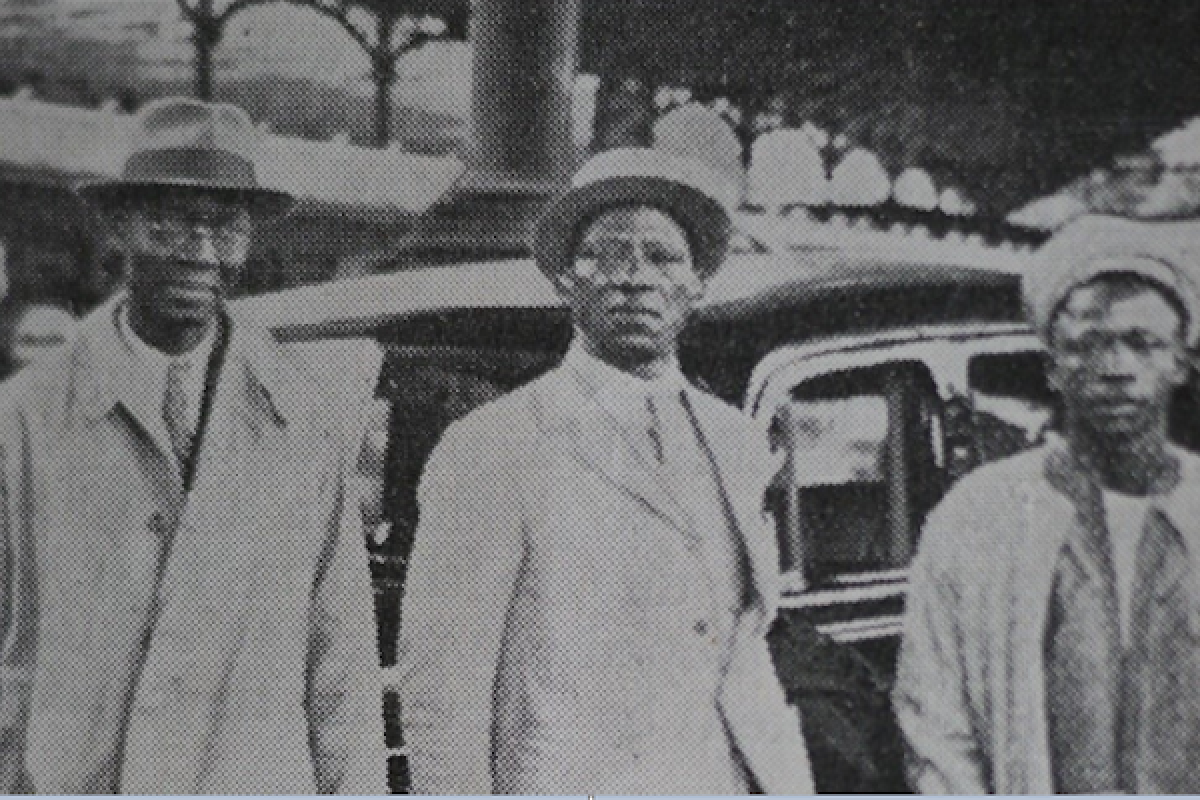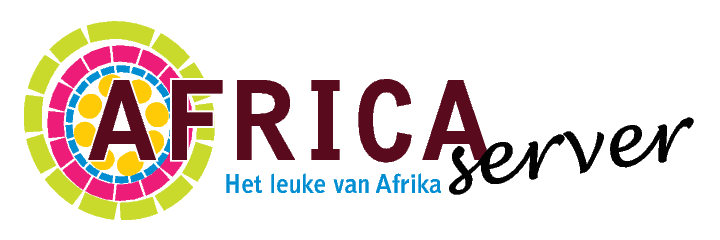ASCL Seminar: Doing fieldwork in the archive: print culture, publics and popular genres in colonial Lagos

DUE TO UNFORESEEN CIRCUMSTANCES THIS EVENT HAS BEEN RESCHEDULED TO THURSDAY 7 OCTOBER. REGISTRATIONS FOR 30 SEPTEMBER REMAIN VALID. This event will take place online. Registrees will receive a link a few days before the lecture.
A faded, crumbling collection of colonial newspapers might not seem to be the most fertile ground for ethnographic fieldwork. But if anthropology is interested in how new cultural things come into the world, and if ethnography is the best method for tracing their emergence, then fieldwork in an archive is not only possible but rewarding. The print culture of 1920s Lagos, Nigeria, was innovative and effervescent. Numerous new weekly and daily newspapers were started in this decade, responding to a growing literate population and a hectic political situation. Five of these papers were in the Yoruba language and sought to convene a wider audience than had previously been included in the Lagos reading public. They made extensive use of epistolary styles, recurrent serial formats, and intense modes of address to the reader. Karin Barber (University of Birmingham) will suggest that these characteristics lent themselves to creative experimentation, resulting in the establishment of several new genres – the most influential of which was the famous confessions of a fictional Lagos “harlot”, Sẹgilọla. The formation of this new narrative form can be traced from week to week in tandem with a rapidly-evolving social and political situation. Karin Barber will ask: why that particular textual form? Why at that particular moment in Lagos history? Speaker: Prof. Karin Barber. Click here to register for this event



